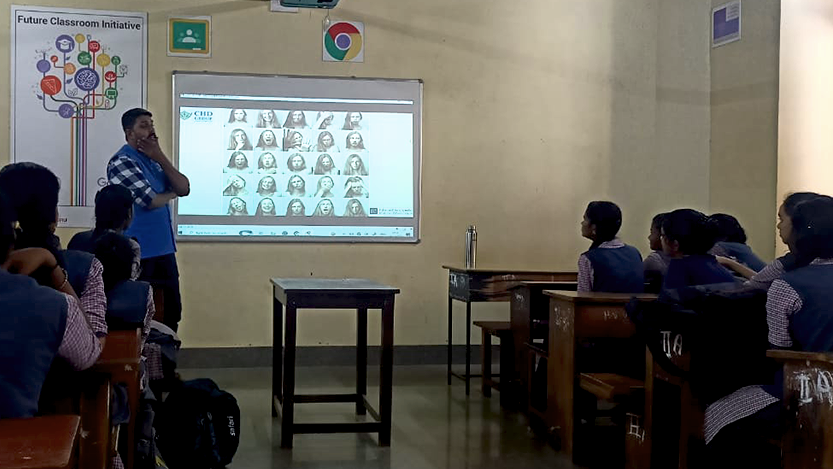The impact of social media on teenagers is a topic that explores the effects of social media on young people. It is a subject that has aroused concern among parents, educators, and mental health professionals. The use of social media has increased significantly in recent years, and it has become an integral part of many teenagers’ lives. However, there are concerns about the negative impacts that social media can have on their mental health, relationships, and overall well-being.
In today’s world, the internet has become an essential part of our lives, particularly for the younger generation. While it offers numerous benefits, it also has some drawbacks that impact our daily activities. Thanks to social media platforms, we can create online identities, build social networks, and communicate with others. Entertainment and self-expression are some of the reasons why most teenagers use social media. These platforms can also expose them to current events, enable them to interact with people from around the world, and teach them about various subjects, including healthy behaviors. Additionally, humorous or distracting social media content that fosters meaningful connections with peers and a broad social network can even help teenagers avoid depression.
Over the past five years, there has been a significant increase in the number of preadolescents and adolescents using technology. Studies have revealed that more than 75% of teenagers own cell phones, 22% of teenagers visit their favourite social media sites more than 10 times a day, and over half of them log on to social media at least once daily. As a result, a considerable portion of this generation’s social and emotional development is happening online and through cell phones.
Social media’s influence on this generation is undeniable and continues to grow in popularity, and its powerful influence shows no sign of slowing. Because of their limited capacity for self-regulation and susceptibility to peer pressure, children and adolescents are at some risk as they navigate and experiment with social media. The Internet and social media platforms can negatively affect users such as distracting them, disrupting their sleep, raising mental health concerns, social media addiction, cyberbullying, spreading rumours, unrealistic views of other people’s lives, and peer pressure. Social media has a big influence on young people. Many youths try to copy the unrealistic role models they see online.
An increasing number of adolescents are displaying negative attitudes and adopting detrimental dietary habits, which may have adverse effects on their physical and mental wellbeing. This phenomenon can be attributed to their excessive use of electronic gadgets such as smartphones and tablets, leading to a decline in face-to-face interactions with family and friends. This trend is causing them to lose touch with reality, leaving them unaware of their immediate environment. Their addiction to the internet is causing them to become oblivious to their surroundings, leading to a sense of cluelessness. Social media can also negatively affect their mental health when there is no clear understanding of how it works. Even though teens know that not everything on social media is real, they can still be influenced and experience negative emotions that create feelings of worthlessness or low self-esteem.
In the last decade, checking and scrolling through social media has become a popular activity. While some people use social media without problems, there is a group of adolescent users who become addicted to it. These users engage in excessive or compulsive use of social networking sites. This leads to a behavioural addiction by being overly concerned about social media, driven by an uncontrollable urge to log on to or use social media, and devoting so much time and effort to social media that it impairs other important life areas. Many young people crave fame and attention by constantly sharing pictures on social media and counting likes and comments.
Fortunately, this condition is very treatable, and many individuals have recovered successfully. Social media has numerous benefits, and teenagers must acquire skills for using it effectively to prepare for adulthood, where social media plays a prominent role. To balance social media usage and maintain good mental health, teenagers can work on building social networks and communicating with supportive peers. They can also use social media for entertainment, distraction, humour, education, and information about social movements and general health issues. Struggling with problematic social media addiction can be combated by reducing screen time. However, if the addiction is severe, teenagers may need parental guidance and professional help to overcome it.
About the Author: Cham Kebba Omar is pursuing Masters of Public Health (MPH)
Disclaimer: Views expressed are the author’s own. Edward & Cynthia Institute of Public Health or Yenepoya (Deemed to be University) are not responsible for contents or opinions reflected in this article.

Cham Kebba Omar
-
Cham Kebba Omar#molongui-disabled-link




